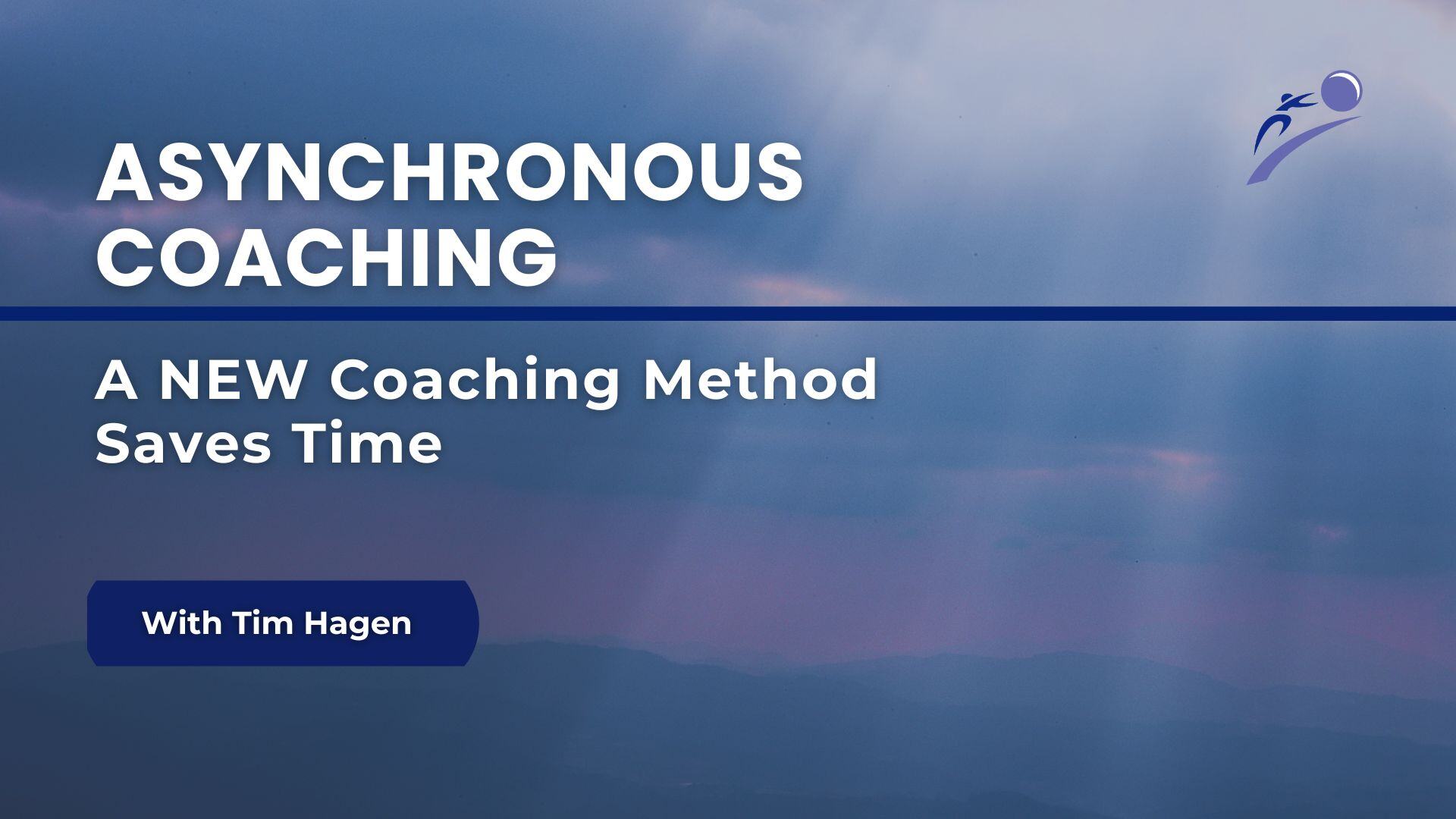
Coaching To-Go
Employee coaching is not just a one-time miracle activity that will magically makeover your staff into top performing sales people. Becoming a coach means that you will most likely have to overhaul your current leadership style. The good news is that becoming acclimatized to coaching is an easy, natural progress that will feel less like work, and more like, well, being a human. Nonetheless, old habits die hard and until you can flush the corporate Kool-Aid, take down a nice, tall, refreshing glass of coaching, to-go.
Coaching To-Go, a quick revitalizing shot of the coaching basics.
-
Recon. What can you mark off as status quo and what needs a little TLC. Each individual has strengths and weaknesses in their sales skills and finding out what they are is critical. Frequently, organizations tend to lump all of their staff together and train them as a group. Unfortunately, one staff member may be struggling with a skill-based issue while another may be struggling with a knowledge based issue. In order to effectively do this, determine some key attributes that you would like your staff to have, and evaluate each member in those areas. Finding out how top performers achieve their results is also key to creating success in all your staff.
-
Quality time. Why did they show up this morning? What motivates your staff to perform and be successful. This doesn’t mean accepting the answer your staff comes up with, because they think it’s what you want to hear. Wade through the political mumbo jumbo. Find out what is motivating them on a personal level…. validation, status, money, security. Allow them to feel comfortable enough to be honest with you. Based on that information put together an incentive plan. You can fuel their performance by aligning their motivators with the proper incentives. Sometimes the easiest way to find this out is to do a simple survey, or just by asking them.
-
If you build it they will improve? Each employee, with your input, should create an improvement plan of action. The plan should identify the specific attributes or tasks that the employee needs to raise to a competent level in order to be a star performer. This is essentially a roadmap to that star performer's destination. They should have a specific, targeted plan that addresses their individual challenges, and a plan to overcome them. As the coach, you should have a good understanding of your support role in the staff member’s development roadmap, and you should remain active throughout the entire journey.
-
Pit Stop. Consistently check their performance through role-play, recorded calls, ride alongs, etc. Create mutually agreed upon deadlines for goal achievements, this will keep progress on schedule and increase accountability. Keep in mind that staff members will acquire skills and knowledge at different rates, so be flexible and adjust deadlines based on each employee’s rate of progress.
- Temple Run. Acknowledge and reward appropriate behaviors and skills that team members have acquired; it will go a long way! Part of your job as a coach, is to facilitate an atmosphere that supports and encourages your staff to get better. Create fun, gimmicky activities for them to enjoy and share in their common goal of improvement. Come up with contests that reward those who come closest to reaching their goals, etc. Always be prompt in telling people they are doing a good job. Coaching can take as little as 30 seconds and if done correctly, will impact performance everyday!
Click below to download the original whitepaper "How to Coach Team Development "






